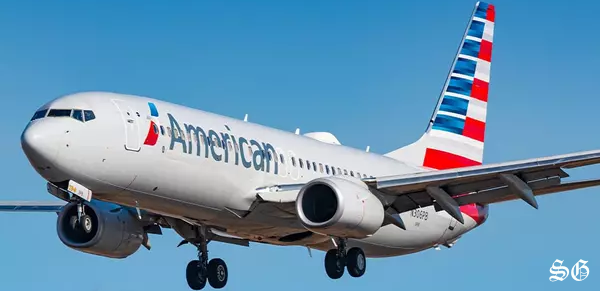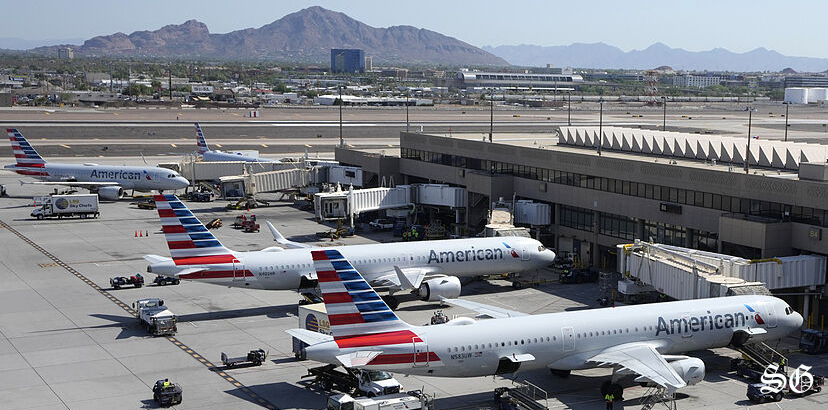Table of Contents

American Airlines Faces Christmas Eve Disruption Due to Technical Glitch
Brief Ground Stop Causes Travel Delays
American Airlines faced a technical issue on Christmas Eve, leading to a one-hour ground stop. The disruption impacted thousands of passengers during one of the busiest travel days of the year.
System Failure Details
The issue reportedly stemmed from an automated system’s inability to calculate or deliver essential weight and balance data. This information is critical for dispatching flights, as it determines passenger, baggage, and cargo mass, as well as the aircraft’s center of gravity and engine performance requirements.
Limited Impact Avoids Larger Crisis
Despite the disruption, the short duration of the stoppage helped American Airlines avoid a more severe meltdown. Similar past incidents, such as Southwest Airlines’ 2022 holiday system failure, caused extensive cancellations and long-term repercussions.
Passenger Frustration and Social Media Reactions
Many travelers expressed frustration over the delays, with some highlighting the potential complications for connecting flights and refunds. Passengers shared their concerns online, tagging the airline in posts to seek clarity and updates.

Broader Implications for Airlines
Increasing Tech Reliance and Challenges
The aviation industry has faced several high-profile technical failures in recent years. Airlines have invested heavily in cybersecurity and operational software, but these systems remain vulnerable to glitches. Workforce changes during the pandemic have also contributed to operational challenges.
Industry Comparisons
American Airlines operates thousands of daily flights to over 350 destinations, and its cancellation rate for the year stands at 1.3% of scheduled flights. However, the Transportation Security Administration (TSA) anticipates screening a record 40 million passengers during the holidays, underscoring the high stakes for airline reliability during peak travel periods.
Lessons Learned
This incident highlights the importance of robust operational systems and transparent communication with passengers. Continued investment in technology and workforce expertise will be critical to minimizing disruptions in the future.